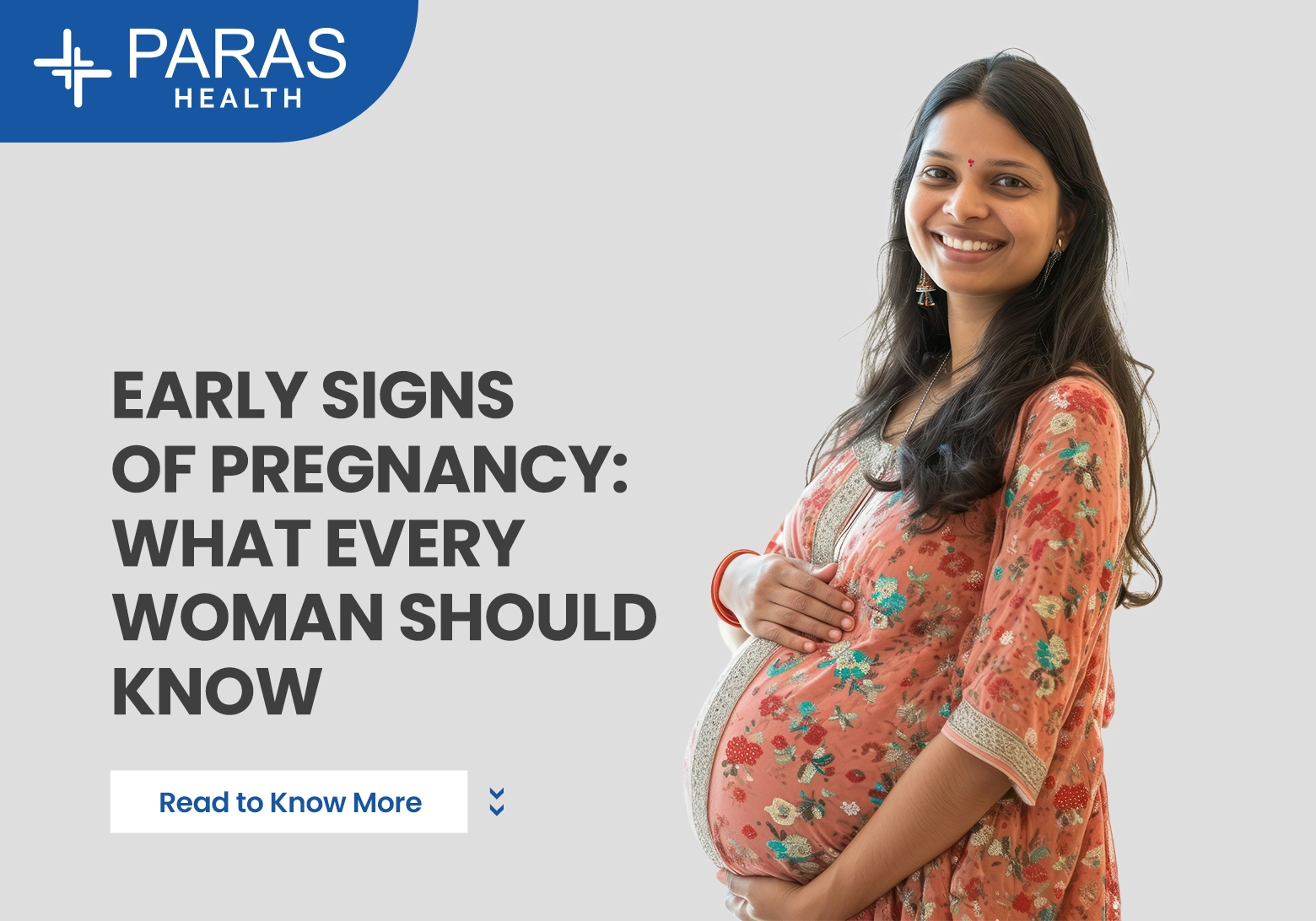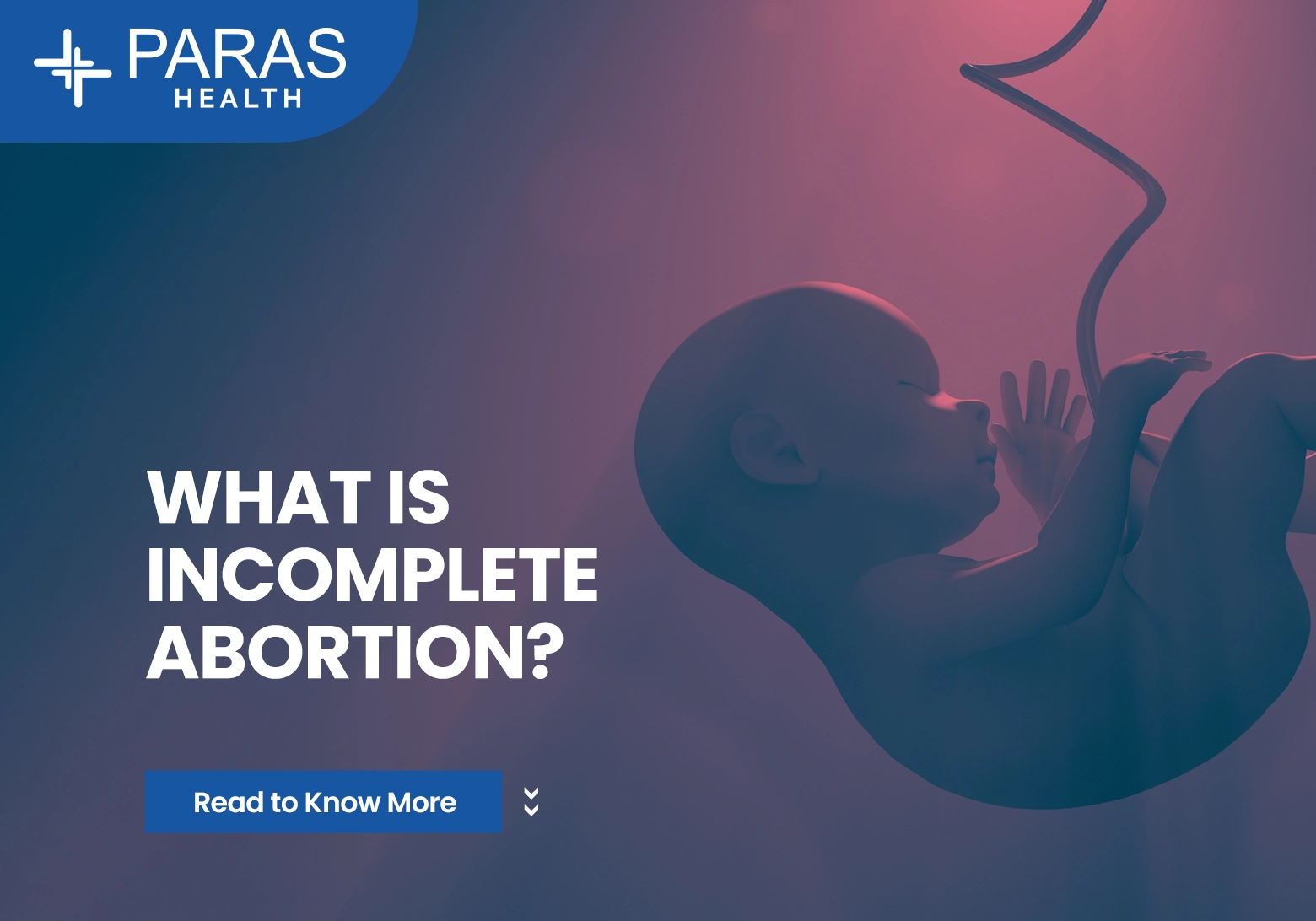Understanding PCOS Symptoms: A Complete Guide for Women
Apr 21, 2025
If you’ve been noticing changes in your periods, struggling with unexplained weight gain, or dealing with skin and hair changes—you're not alone. These could be signs of PCOS, a common hormonal disorder affecting women of reproductive age.
In this blog, we’ll walk you through the symptoms of PCOS (Polycystic Ovary Syndrome) in simple, everyday language—so you can identify early signs, understand what’s happening in your body, and know when to seek help.
What is PCOS?
PCOS stands for Polycystic Ovary Syndrome, a condition where a woman’s ovaries produce an abnormal amount of androgens (male hormones). This hormonal imbalance disrupts normal ovulation and can lead to a range of symptoms affecting your menstrual cycle, skin, hair, mood, and metabolism.
Common PCOS Symptoms
Let’s break down the most common symptoms of PCOS—from your period cycle to physical, emotional, and hormonal changes:
- Menstrual Irregularities
One of the most noticeable early symptoms of PCOS is an irregular menstrual cycle. You may experience:- Irregular periods PCOS: periods that don’t follow a predictable schedule.
- Missed periods PCOS: months where your period doesn’t come at all.
- No periods PCOS: complete absence of menstruation (amenorrhea).
- Heavy bleeding in PCOS: extremely heavy flow during periods.
- Spotting between periods: random spotting even when it’s not time for your period.
These menstrual cycle issues in PCOS happen because the hormonal imbalance prevents the ovaries from releasing an egg each month (ovulation).
- Hormonal Imbalance Symptoms
PCOS often leads to high androgen levels (male hormones), which can cause:- Hirsutism: excess hair growth, especially on the face, chest, or back.
- Male pattern hair growth in women: coarse hair on areas usually typical for men.
- Acne due to PCOS: persistent breakouts, especially on the jawline and chin.
- Oily skin PCOS: greasy skin that’s prone to pimples.
- Hair thinning PCOS: visible reduction in hair volume.
- Hair loss in PCOS: excessive hair fall or patchy bald spots.
These symptoms can affect your confidence, but understanding their cause is the first step toward managing them.
- Skin Changes
Some women with PCOS develop:- Dark patches on skin (Acanthosis Nigricans): usually on the neck, underarms, or groin.
- Skin tags PCOS: small, benign skin growths, often in the same areas as dark patches.
These skin issues are often linked to insulin resistance, a common companion of PCOS.
- Weight and Metabolic Concerns
Many women struggle with:- Weight gain in PCOS: especially around the abdomen.
- Obesity and PCOS: increased difficulty in maintaining a healthy weight.
- Difficulty losing weight PCOS: even with diet and exercise.
- Insulin resistance in PCOS: the body doesn’t use insulin properly, increasing the risk of type 2 diabetes.
- Cravings and PCOS: especially for carbs and sweets.
- Fatigue PCOS: feeling tired or sluggish all the time.
- Low energy levels PCOS: even after adequate rest.
- Increased appetite PCOS: constant hunger or overeating.
These metabolic symptoms make PCOS a full-body condition—not just a reproductive issue.
- Fertility Problems
If you’ve been trying to conceive without success, PCOS could be a factor. You may face:- Infertility in PCOS: difficulty getting pregnant naturally.
- Trouble getting pregnant: due to irregular ovulation.
- Ovulation problems PCOS: eggs not maturing or being released.
- Anovulation symptoms: complete lack of ovulation.
- Polycystic ovaries: ovaries that contain many small, undeveloped follicles (cysts).
- Enlarged ovaries with cysts: visible on ultrasound scans.
- Lack of ovulation: leading to missed periods and fertility concerns.
- Reproductive issues PCOS: which can include miscarriage or complications.
The good news? With proper treatment, many women with PCOS go on to have healthy pregnancies.
- Mental Health and Emotional Well-being
PCOS doesn’t just affect your body—it can also take a toll on your mind. You might feel:- Mood swings PCOS: feeling happy one moment and irritable the next.
- Depression in PCOS: persistent sadness or loss of interest in things you used to enjoy.
- Anxiety and PCOS: constant worry, restlessness, or panic attacks.
- Mental health PCOS: overall struggle with emotional balance.
- Body image issues PCOS: due to acne, hair growth, or weight concerns.
It’s important to remember you’re not alone—and help is available.
- Other Symptoms of PCOS
Some women also report:- Pelvic pain PCOS: cramping or dull aches, especially before periods.
- Bloating and PCOS: a feeling of heaviness or fullness.
- Sleep apnea and PCOS: breathing issues during sleep, often linked with weight gain.
PCOS Symptoms in Teenagers
Teens may present differently, often with:
- Irregular or delayed periods
- Acne and oily skin
- Excessive facial or body hair
- Weight gain
- Mood changes and fatigue
Since puberty already comes with changes, PCOS symptoms can go unnoticed. Early diagnosis during adolescence can help manage the condition better.
When Should You See a Doctor?
If you relate to any of the PCOS signs and symptoms mentioned above—especially irregular periods, excess facial hair, acne, or difficulty getting pregnant—it’s a good idea to consult a gynecologist or endocrinologist.
Early diagnosis can:
- Prevent long-term complications like diabetes or infertility
- Help manage hormonal balance and mood swings
- Improve your quality of life significantly
Managing PCOS Symptoms
While there’s no “cure” for PCOS, the symptoms can be managed with a combination of:
- Diet and exercise: especially for insulin resistance and weight loss
- Hormonal medications: to regulate periods or reduce androgens
- Fertility treatments: like ovulation-inducing drugs
- Mental health support: therapy or counseling for depression/anxiety
- Cosmetic treatments: for acne or hair issues, if needed
Need Help Managing PCOS?
At Paras Health, our team of experienced gynecologists and endocrinologists provide personalized care for women with PCOS. We offer:
- Hormonal assessments
- Fertility consultations
- Nutrition and weight loss guidance
- Mental health support
Call 8080808069 to book an appointment or visit us at your nearest Paras Hospital today.



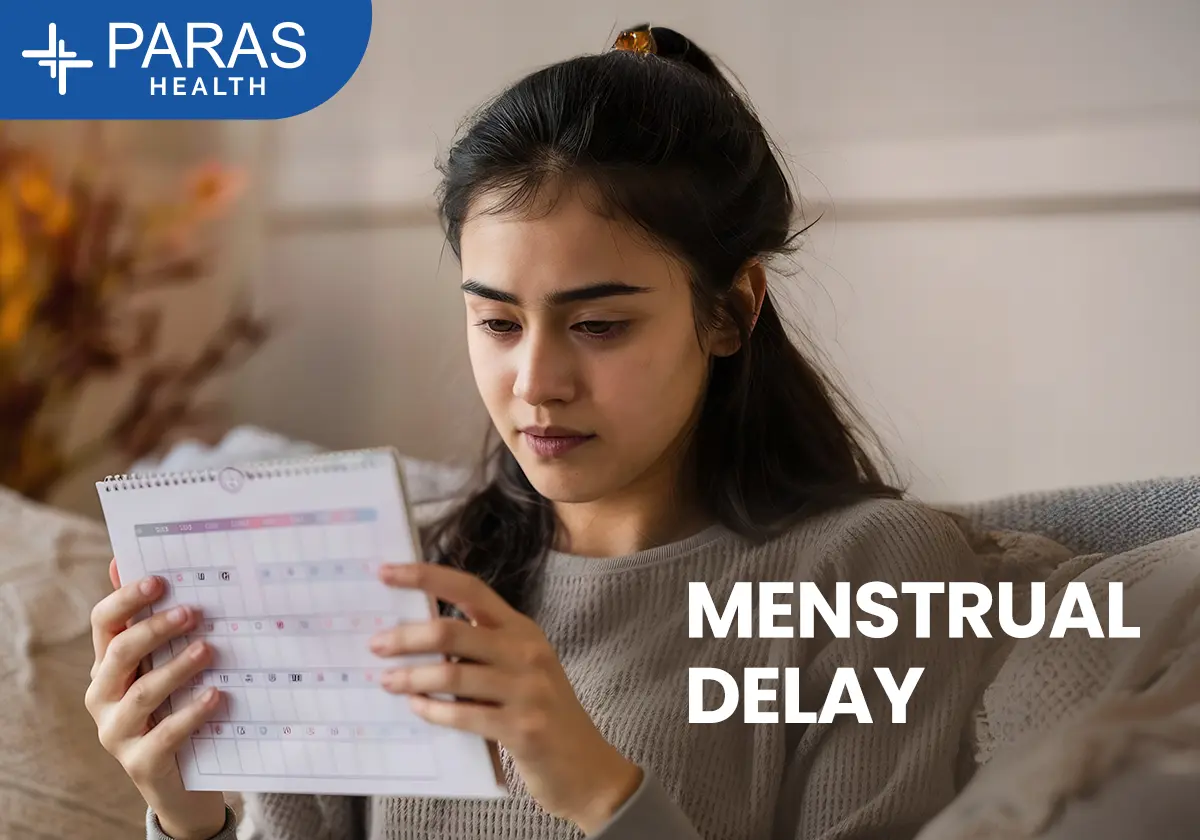

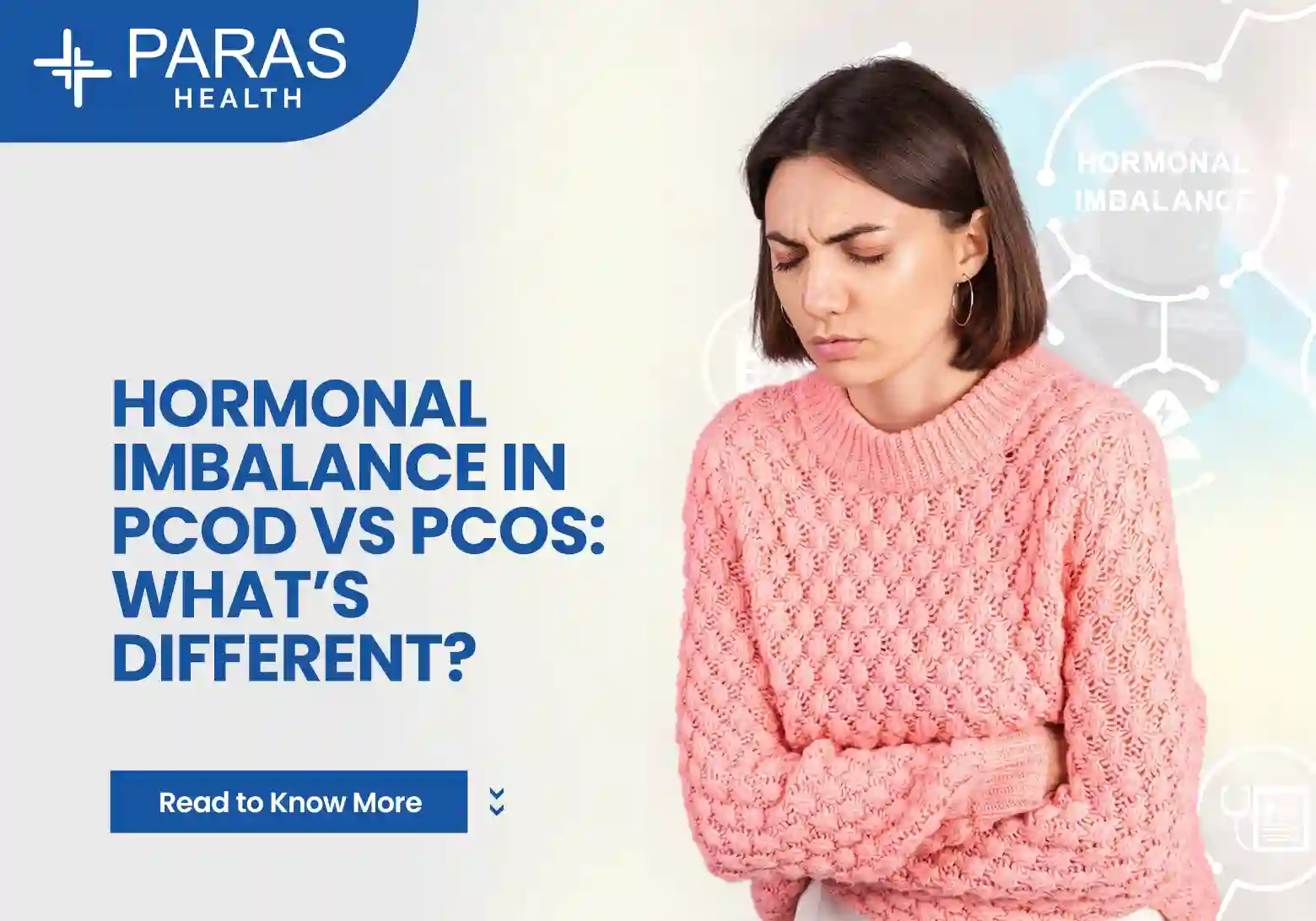
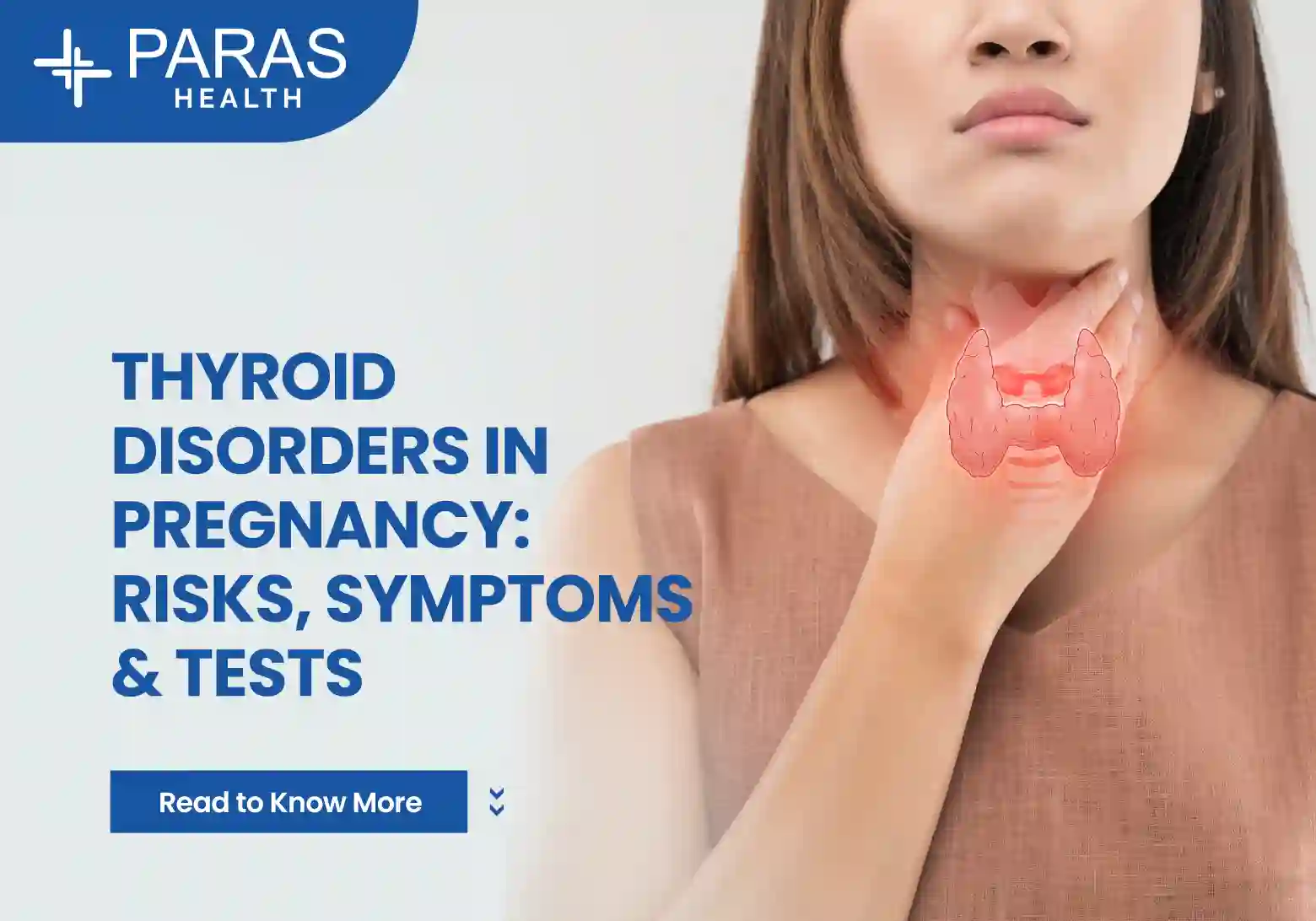
.webp)
